Published on 13.09.2023
Helmholtz Imaging Newsletter Issue No. 11
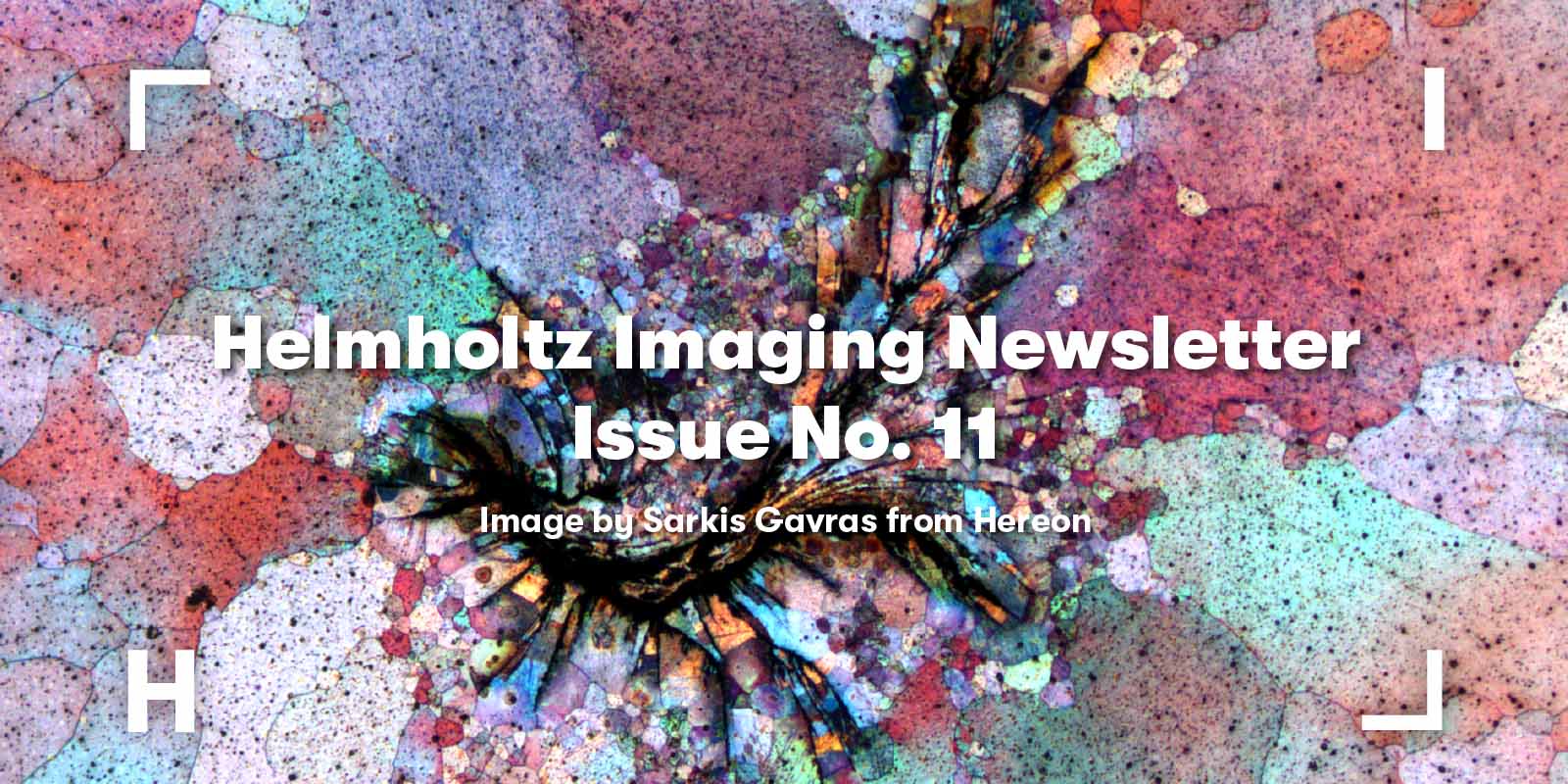
Dear Imaging Enthusiast,
It is time again for the latest updates from Helmholtz Imaging and its partner platforms, and we are happy to share the most recent edition of our newsletter with you. Enjoy the read!
- Discover the most recent Helmholtz Imaging Projects additions
- Watch a short video about the research and achievements of SmartPhase at the 2023 Helmholtz GPU Hackathon
- Helmholtz Imaging participated in the UC2 Open Optics Hackathon
- Check out a new software for SIFT based image registration
- Meet team members of Helmholtz Imaging in Karlsruhe and Hamburg
- Apply for one of the two HIDA research grants: Helmholtz Visiting Research Grant or Trainee Network
- HIFIS relaunched the Helmholtz Cloud homepage
- Join the workshop “Leveraging open data from PaN facilities for machine learning” on 17-18 October 2023
- Register for the conference TEACH 3 on 7-8 December 2023
- Check out our latest publications & job opportunities
Your Helmholtz Imaging team
***
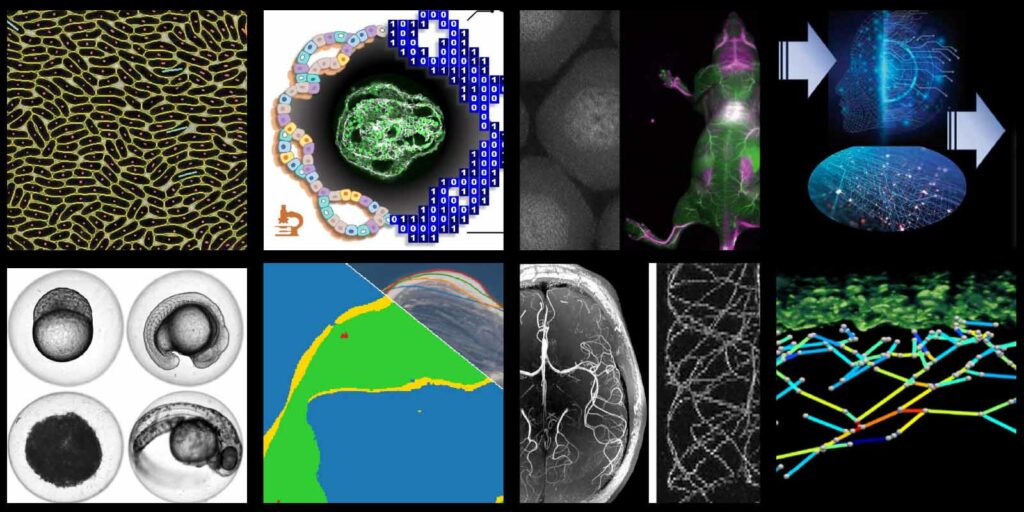
Discover the most recent Helmholtz Imaging Project additions
The 2022 Helmholtz Imaging Projects Call resulted in eight new projects covering a broad range of topics. Here’s a short overview of the new projects:
- Deep4OM (HMGU, DKFZ): Deep learning powered optoacoustic mesoscopy for non-invasive diagnostics of skin diseases
- AIOrganoid (Hereon, HMGU): Artificial Intelligence Assisted-Imaging for Creating High-yield, High-fidelity Human Lung Organoid
- Benign (KIT, HZDR (NCT)): Biocompatible and Efficient Nanocrystals for Shortwave Infrared Imaging
- Highline (FZJ, DZNE): High Image Quality for Lines in MRI: From Roots to Angiograms
- AutoCoast (Hereon, DLR): Automatic detection of coastline change and causal linkage with natural and human drivers
- EMSIG (FZJ, KIT): Event-driven Microscopy for Smart Microfluidic Single-cell Analysis
- DIPLO (GEOMAR, AWI): Paving the way from in situ plankton image data to a Digital Twin Ocean
- ImageTox (CISPA, HZI (HIPS)): Automated image-based Detection of Early Toxicity Events in Zebrafish Larvae
For more detailed information on each project visit our website
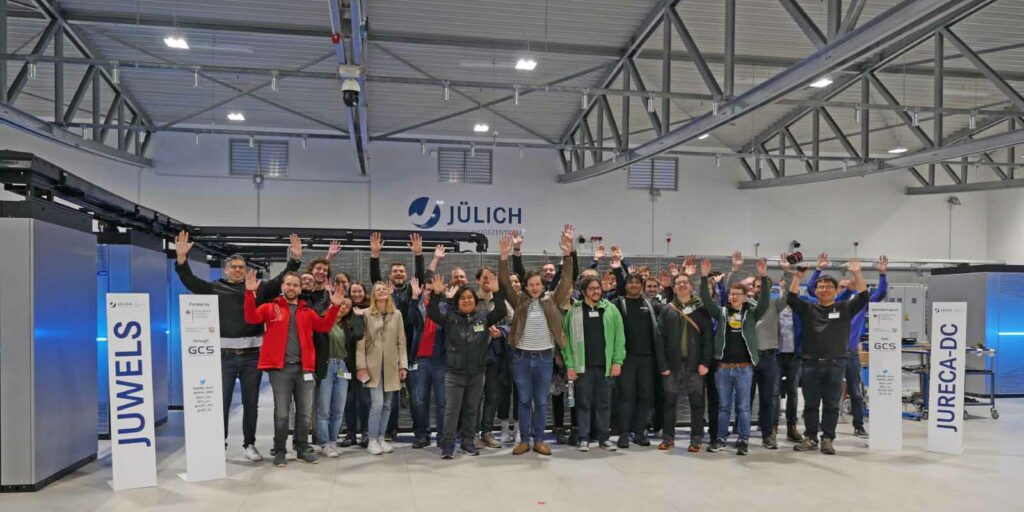
HI Project SmartPhase at the 2023 Helmholtz GPU Hackathon
In May 2023, the Jülich Supercomputing Center hosted another GPU Hackathon together with HZDR, HIDA, and OpenHackathons. The 2023 Helmholtz GPU Hackathon brought together around 50 scientists to work together on accelerating the performance of their scientific applications. The participating teams, including the Helmholtz Imaging Project SmartPhase, made progress during the event, ranging from optimizing code segments to increasing computational intensity and reducing data movement.
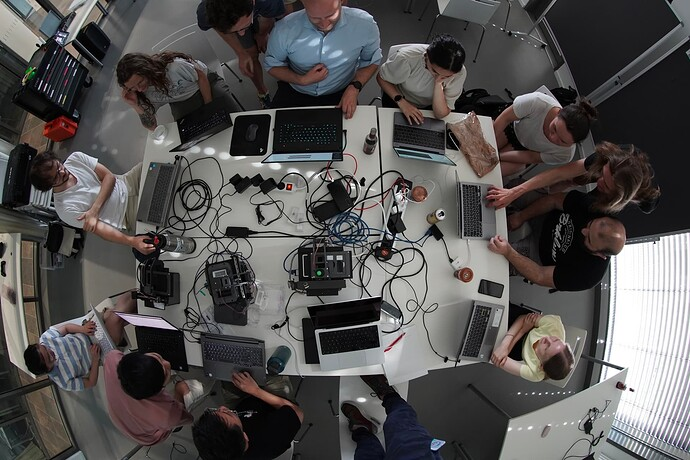
Helmholtz Imaging joined the UC2 Open Optics Hackathon
On 14 July 2023 openuc2 organized the UC2 Open Optics Hackathon. Deborah Schmidt from Helmholtz Imaging was one of the participants eager to lift open source optics technology to the next level.
By ensuring our image processing solutions align with the efforts in the open hardware community, we enable problem solving entirely in the open access domain. This is an important step towards democratizing scientific imaging. – Deborah Schmidt
Benedict Diederich, co-founder of openUC2, says in his blog post: “The openUC2 Hackathon wasn’t just an event; it was a celebration of innovation, collaboration, and the democratization of optical imaging technologies”.
Learn more about this hackathon and its projects in Benedict’s post

New Python software
The constant development in microscopy imaging technologies leads to ever-growing and complex acquired datasets. Thus, many microscopy images require a preprocessing step of image registration – most commonly tile stitching, staining iteration alignment, and multi-modal alignment.
In cooperation with Artuer Manukyan and Altuna Akalin from MDC and Gerald Burgstaller from Helmholtz Munich, Ella Bahry from Helmholtz Imaging developed a new Python software for SIFT based image registration using (mostly) opencv. This software was already adapted by VoltRon, a spatial omic analysis toolbox from MDC for multi-omics integration using spatial image registration.
Check out this image registration tool on our Modalities platform
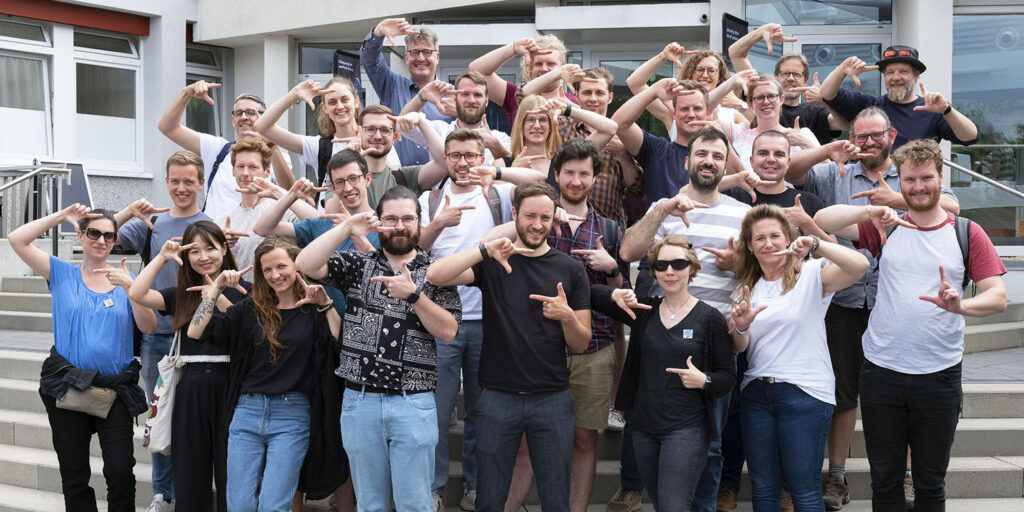
Meet Helmholtz Imaging
Say hello to Helmholtz Imaging team members at the following events:
- Philipp Heuser and Engin Eren from the DESY Support Team will attend the 9th annual meeting of Matter and Technologies on 9-11 October 2023 in Karlsruhe. Visit them at their booth and posterwall!
- Meet Martin Burger and Lukas Weigand from the DESY Research Unit as well as David Schwartz from the DESY Support Team at the Digital Total in Hamburg on 9-10 October 2023!
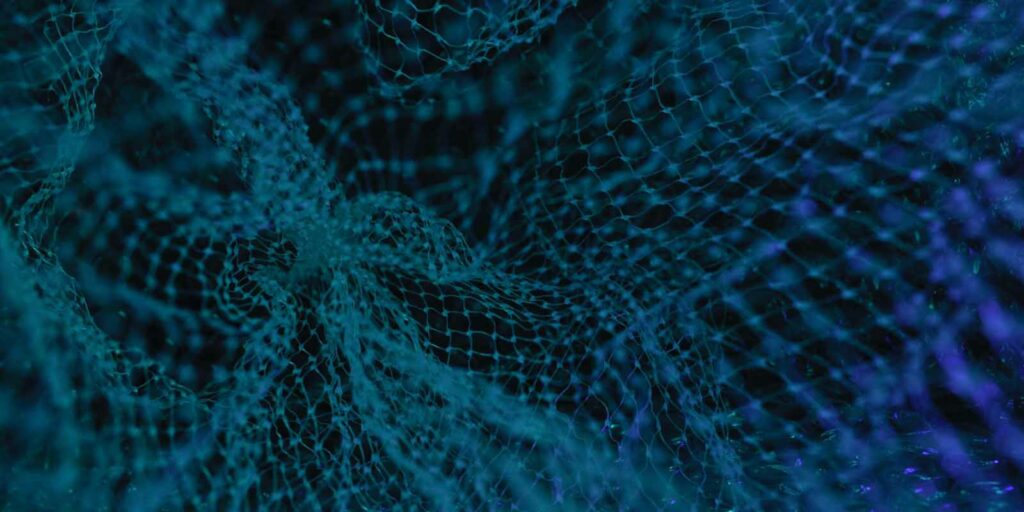
HIDA offers research grants
If you are a PhD or postdoctoral researcher, you can apply for research grants offered by HIDA:
Helmholtz Visiting Researcher Grant
This grant offers doctoral researchers and postdocs the opportunity to do a fully-funded short-term research stay at one of the 18 Helmholtz Centers. The aim of the program is to enable new research collaborations, to foster knowledge exchange, and to explore new or emerging research topics in the field of information and data sciences.
HIDA Trainee Network
This network is a Helmholtz-wide exchange program for doctoral and post-doctoral researchers whose research has a strong connection to (applied) information or data sciences. HIDA financially supports up to three-month long research stays at another Helmholtz Center. Their goal is to spark collaborations between the centers and build an interdisciplinary community of data scientists.
Apply for one of the two grants by 15 October 2023
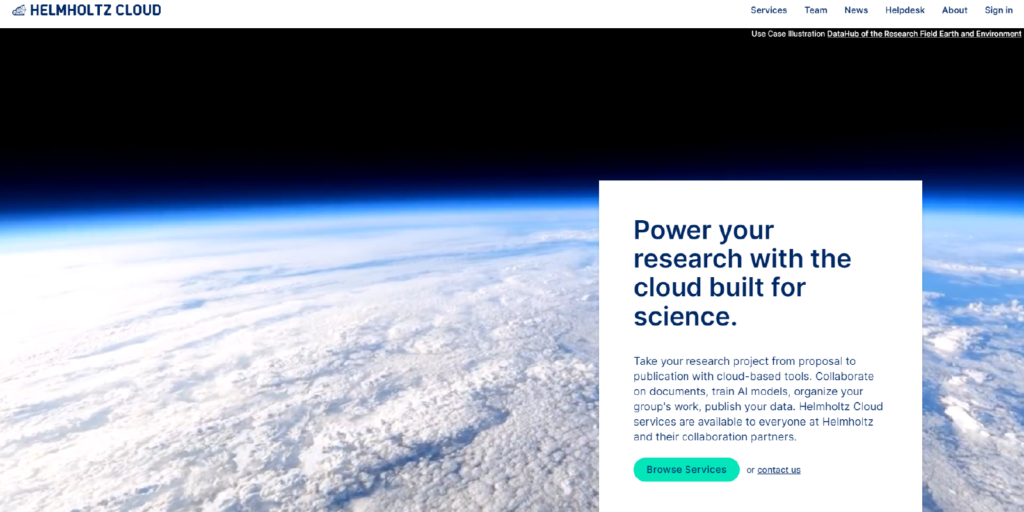
Helmholtz Cloud relaunch
HIFIS redesigned the landing page for the Helmholtz Cloud Portal to reflect their expanded service portfolio. The refreshed landing page puts the scientists at the center focusing on how they can use the services to support their daily work. The page also includes real-world uses cases of Helmholtz Cloud services to showcase the various ways Helmholtz Cloud can be used.
Curious what the landing page looks like now?
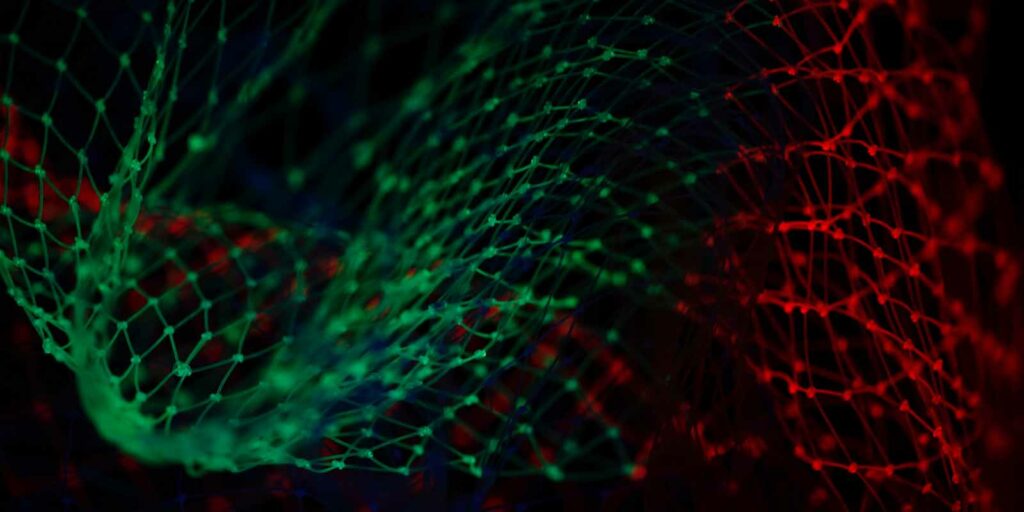
Exploiting open data for machine learning training
Join the workshop “Leveraging open data from PaN facilities for machine learning” on 17-18 October 2023 at the SOLEIL synchrotron in Saint Aubin (France) to learn how to best exploit open data for machine learning!
During the last decade, most European Photon and Neutron (PaN) facilities have adopted open data policies, making data available for the benefit of the entire scientific community. At the same time, machine learning (ML) is seen as an essential tool to address the exponential growth of data volumes from PaN facilities. This workshop wants to disuss these questions, among staff and users of the LEAPS and LENS facilities, across disciplines and across Europe.
More information & registration
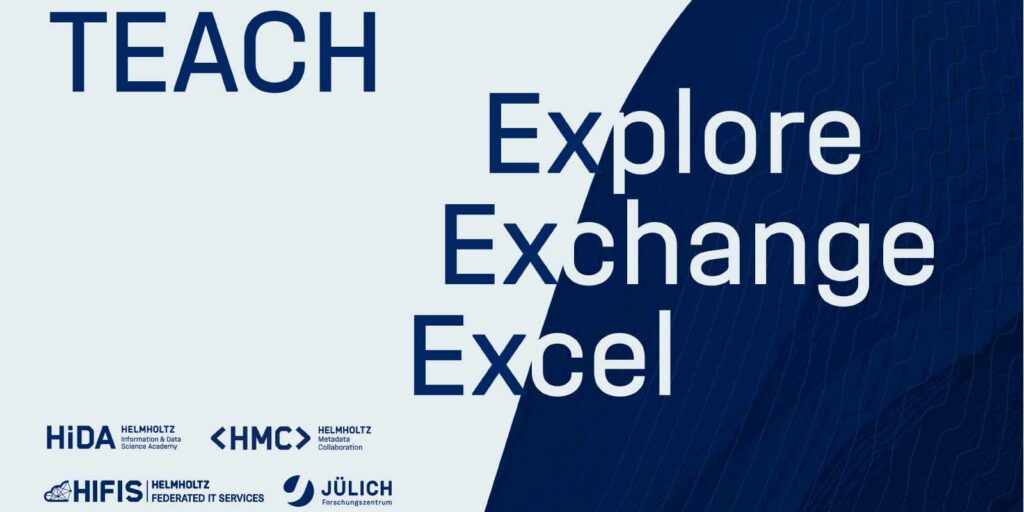
TEACH 3: Explore, Exchange, Excel
Join the conference TEACH, the Teaching Across Communities at Helmholtz, that will take place on 7-8 December 2023 for the third time. The online event will be hosted in Gathertown. This year’s focus is on AI in education, education on AI, mental health as well as best practices in online vs offline settings.
More information & registration
This event is co-organized by HiDA, HMC, HIFIS and Forschungszentrum Jülich.
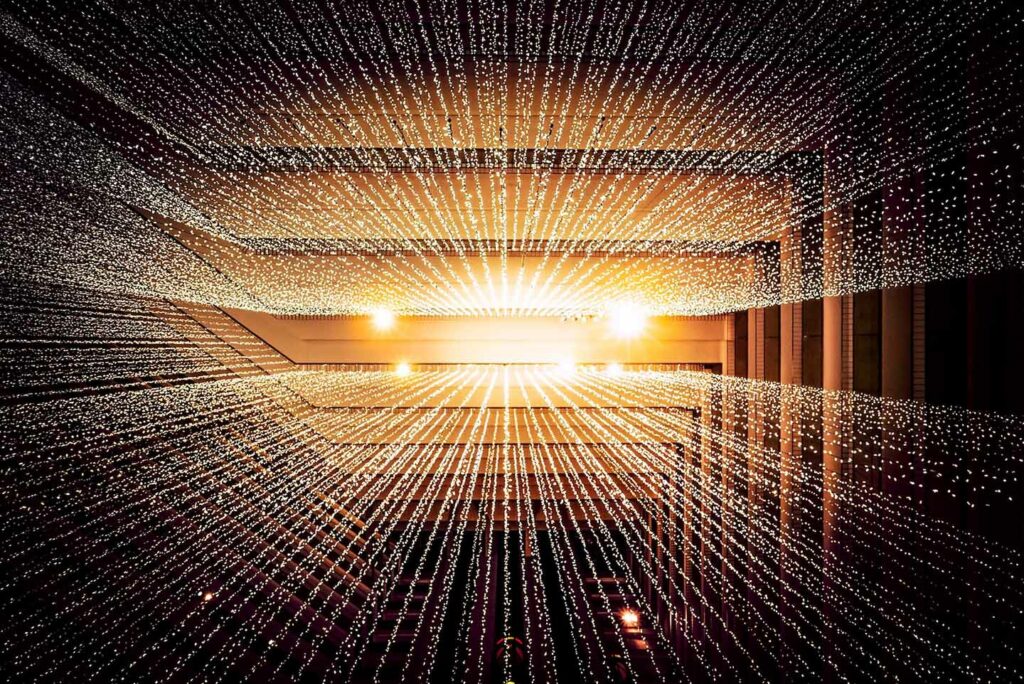
New Publications
Exploring new ways: Enforcing representational dissimilarity to learn new features and reduce error consistency by Tassilo Wald et al.
Proximal Langevin Sampling With Inexact Proximal Mapping by Matthias J. Ehrhardt et al.
Deep-learning based detection of vessel occlusions on CT-angiography in patients with suspected acute ischemic stroke by Gianluca Brugnara et al.
Job openings
DESY
PhD Student in X-ray Optics
DKFZ
Research Data Architect for a Multi Center AI Moonshot Project
GEOMAR
Research Associate (m/f/d) as Data Steward for Image and Video Data